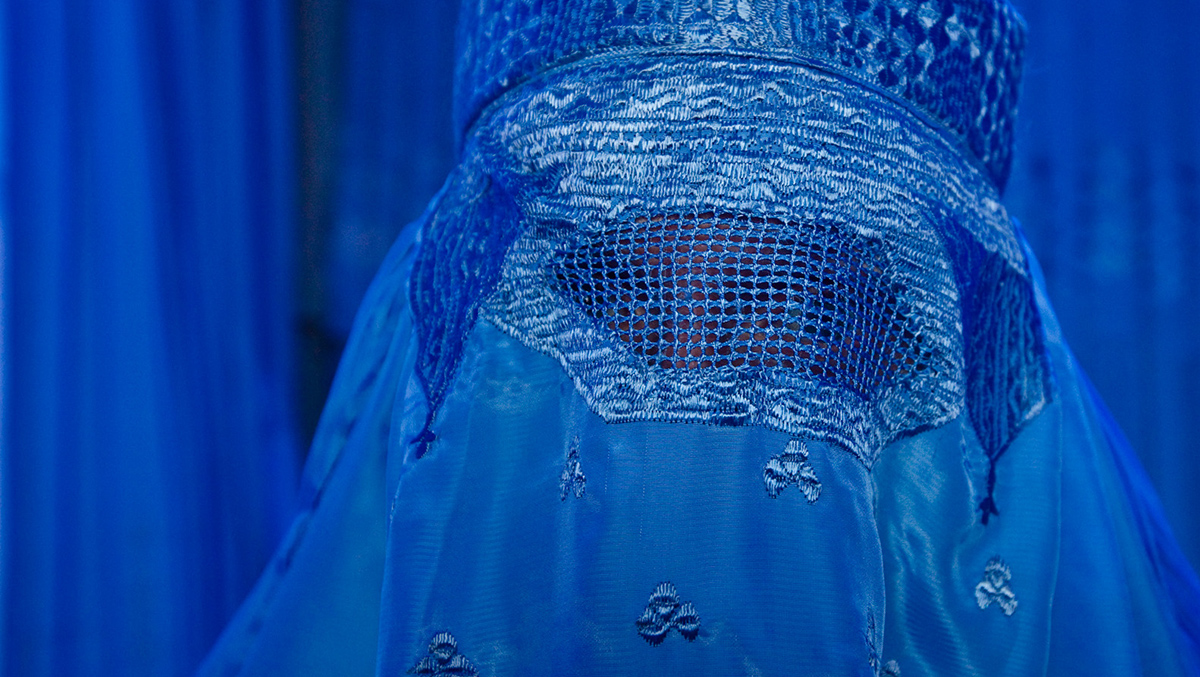A SkyNews/ReachTEL poll released last week indicates that a majority of Australians—56.3 per cent—support banning the burqa, the full-length Muslim garment that covers a woman’s face. I would hope that Adventists, with our traditional commitment to religious liberty, would not share the majority’s view. But being aware of the large numbers of Adventists who are politically conservative, I have my doubts.
In 2014 General Conference lawyers stepped in, unasked, to defend the rights of 23-year-old Samantha Elauf, who had been denied a job due to her wearing a Muslim headscarf, the hijab. But in Australia we’re confused, with some Adventist schools allowing students to wear the hijab or Sikh turban and others denying this right, saying it breaches their uniform policy.
Yes, the burqa—the full covering of the face and body—is a more confronting garment than the headscarf hijab, which is essentially the same as worn by traditional Catholic nuns or any number of Greek nannas. But the principle must remain the same. If Adventists believe in the free and public expression of faith, we must speak up in favour of allowing people to wear the burqa. And we must also lead by example within the walls of our entities and institutions by minimising the barriers to the free expression of faith.
What about security concerns regarding the burqa? Various jurisdictions have already taken care of this. A person wearing a garment that conceals their appearance—a deep hood or a motorcycle helmet, for example—is legally compelled to remove it when entering a secure area. Or they must show their face to an authorised security officer who requests it. The burqa is already included under these kinds of arrangements. The security argument is a scare tactic used by people who feel personally discomfited by the burqa or who have a deeper anti-Islamic agenda. And it will continue to be a scare tactic until we see a clear trend developing of crimes committed by burqa-wearing offenders.
The push to ban a person from publically expressing their religion via their dress should concern Adventists. It’s part of a larger pattern that includes calls to shut down “hate speech”—that is, Christians publicly reiterating biblical teaching on marriage and sexuality—and the systematic suppression of intelligent design in educational and scientific settings.
If Adventists are committed to religious liberty, we need to defend it not just when our own interests are threatened, but when others are affected, even those with whom we disagree.






